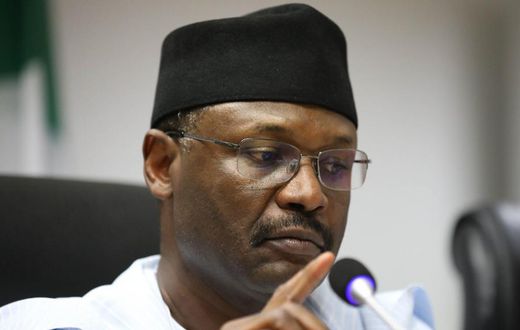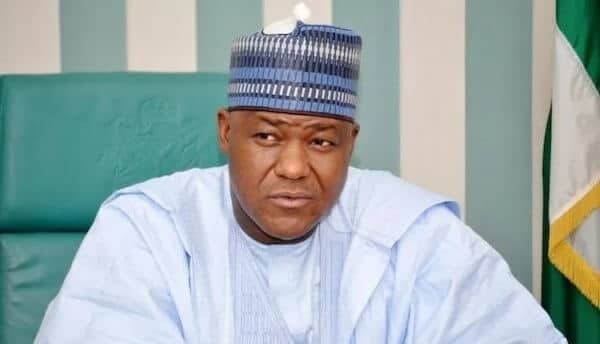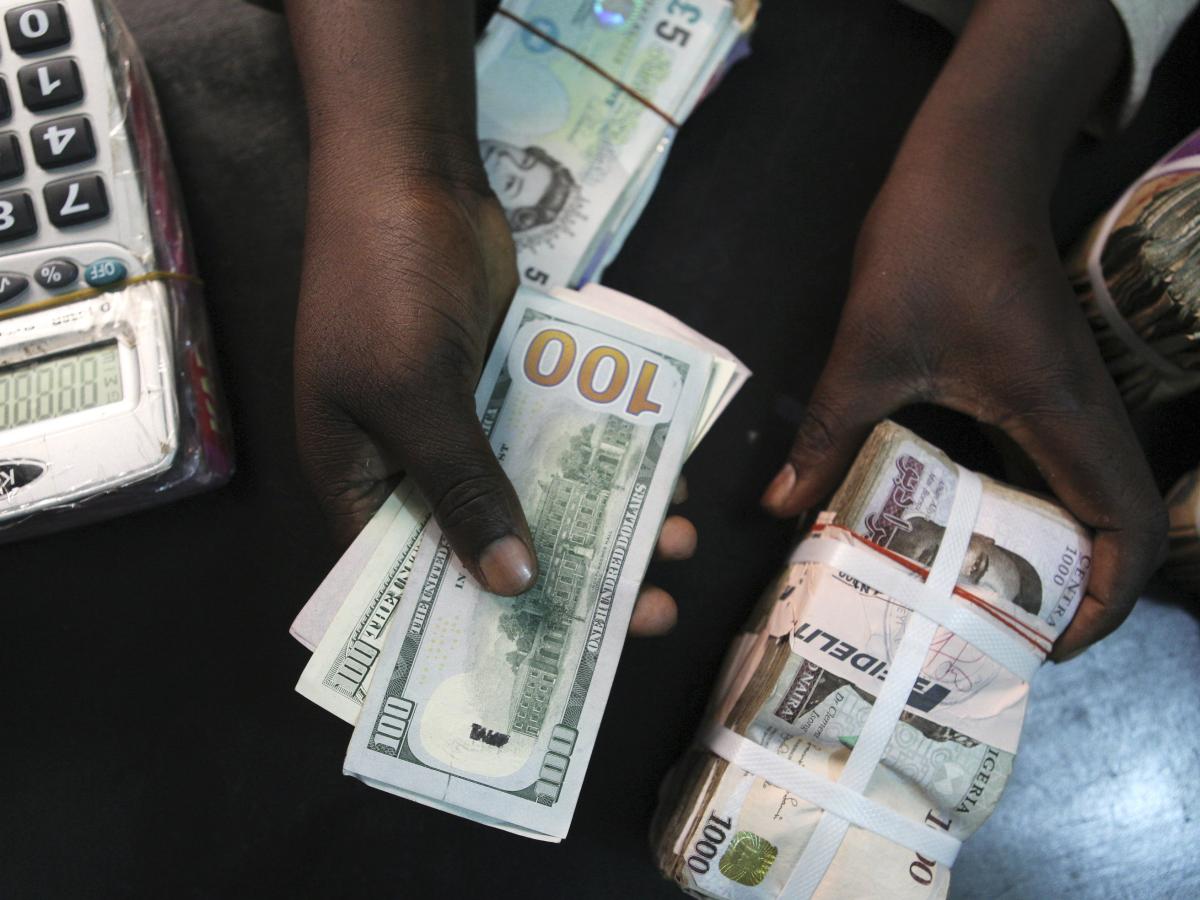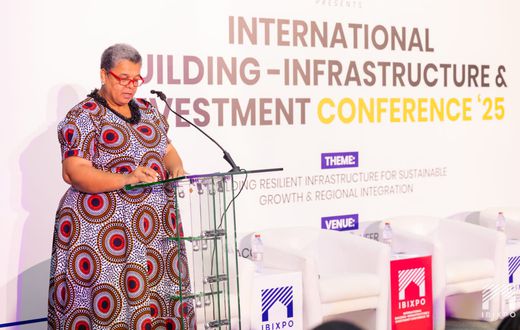Calls for urgent reform within Nigeria’s key democratic institutions are gaining momentum, following pointed remarks from Timi Frank, the former Deputy National Publicity Secretary of the All Progressives Congress (APC). Frank has publicly challenged the nation’s electoral and judicial systems to act swiftly and decisively, warning that Nigeria must not fall into unrest similar to the recent upheaval seen in Nepal.
Addressing stakeholders in Abuja on September 14, Frank acknowledged positive steps recently taken by the Independent National Electoral Commission (INEC) – specifically, their recognition of the David Mark-led NOWAHALAZONE group within the African Democratic Congress (ADC). However, he cautioned that skepticism remains high among Nigerians, as many citizens continue to question INEC’s credibility after widespread allegations of irregularities in the 2023 elections.
“This bold and positive action should not stand alone. As the nation looks ahead to the 2027 elections, INEC must replicate this same spirit of independence and courage in the overall conduct of the polls,”
Frank encouraged, urging the commission to build on these recent improvements with consistent, transparent action.
Frank’s Critique of INEC and the Need for Credible Electoral Processes
![The chairman of the Independent National Electoral Commission (INEC), Prof. Mahmood Yakubu. [Getty Images]](https://stag-blogsites.itechnolabs.co.in/wp-content/uploads/2025/09/5e89fa6e-59b3-40a4-8aa9-eb1bffe9208d-1.jpg)
The chairman of the Independent National Electoral Commission (INEC), Prof. Mahmood Yakubu. [Getty Images]
Frank has not shied away from criticizing INEC for what he describes as partiality during recent by-elections. He argues that:
“democracy thrives when arbiters remain neutral, courageous, and consistent in the face of political pressure.”
In his view, the commission’s credibility hinges on its ability to demonstrate impartiality not just in declarations, but in action, particularly during the entire course of the electoral process.
In the spirit of reform, Frank has proposed several measures to strengthen electoral integrity. These include advocating for electronic transmission of results—an innovation he believes would greatly reduce manipulation and human error. He also suggests that, as the tenure of INEC Chairman Prof. Mahmood Yakubu nears its conclusion, a successor with an unquestionable record of honesty and transparency should be appointed to restore faith in the commission’s operations.
Beyond electoral officials, Frank places responsibility on Nigeria’s security agencies. He asserts that these agencies must act as protectors of the ballot and voters, rather than enabling or partaking in any form of electoral malpractice. The alleged collaboration of some security operatives in past election violations, he warns, threatens to destabilise the very core of Nigeria’s democracy.
“Failure to do so risks pushing Nigeria into a situation worse than Nepal’s recent unrest,”
Frank cautioned, referencing the severe consequences when elections are neither free nor fair.
Spotlight on the Judiciary: Justice and Accountability
The role of Nigeria’s judiciary was another central theme in Frank’s address. He called on judges at every level to uphold not only the letter of the law, but also the integrity of the judicial process in the eyes of the public. He stated emphatically:
“Justice must not only be done but be seen to have been done. We will hold accountable any judge compromised by partisan influence.”
His comments underscore growing public concerns about judicial independence and the need for transparent handling of high-profile electoral petitions.
International Perspective: Global Accountability and Civic Participation
Frank did not limit his recommendations to domestic actors. He extended a direct appeal to members of the international community, especially the United States, calling for robust sanctions against Nigerian officials who undermine the country’s democratic processes. Such sanctions, he believes, would send a clear signal that compromised conduct will not be tolerated and could promote ethical leadership across governance structures.
At the grassroots level, Frank issued a rallying call to all eligible Nigerians to participate in shaping the nation’s future. He urged citizens to register, vote, and remain vigilant in defending their votes—especially as the 2027 elections draw closer. According to several political analysts in Lagos and Accra, revitalising civic engagement is key to achieving electoral reforms that can withstand both internal and external pressure.
The Road Ahead: Reforms, Risks, and the Nigerian Promise
The warnings and proposals laid out by Frank echo wider concerns voiced by civil society groups and democracy advocates both within Nigeria and across West Africa. With neighbouring countries in the region grappling with their own electoral instability, many believe that Nigeria’s actions in the coming years will set a precedent.
- Will INEC and the judiciary rise to the challenge and embrace transparency and impartiality?
- Can security agencies remain above political intrigue and safeguard the safety of voters and the legitimacy of the process?
- What steps will ordinary Nigerians and the diaspora take to ensure their voices are represented?
According to Dr. Ifeoma Akintunde, a political scientist at the University of Ibadan, “The credibility of our elections is now an international affair—what happens in Nigeria impacts perceptions and policies all across Africa.” Historical data suggests that periods of credible, peaceful elections have coincided with greater investment and growth. Conversely, instability following disputed elections can have far-reaching consequences, including increased migration, economic downturn, and strained diplomatic ties.
The West African View: Regional Implications and Citizen Power
Nigerians are not alone in this struggle for better governance. Ghanaians, Ivorians, Senegalese, and other West Africans have watched similar narratives play out within their own borders. Civil society leaders across the region are joining the call for robust institutions and outside observers have repeatedly stated that the success of Nigeria’s democracy will have ripple effects throughout the continent.
Ultimately, the emphasis remains on ordinary people: each registered voter, each community organizer, and every youth activist willing to defend democratic principles. As public forums and town halls become more frequent in the lead-up to the next elections, many are looking for clear, decisive reforms rather than promises.
What’s Next?
The coming months and years will be pivotal. Nigerians expect INEC, the judiciary, and security agencies to demonstrate a renewed commitment to accountability, transparency, and fairness. Dialogue between government agencies, civil society, and international partners must be strengthened to ensure reforms are fully implemented and independently monitored.
On the global stage, Nigeria’s success or failure will continue to serve as a yardstick for democratic progress across Africa. For now, the spotlight remains on the reforms, choices, and civic actions that will define the country’s next chapter.
Over to You
What’s your take on the state of Nigeria’s democracy? Do you trust the reforms being proposed, and what actions do you think should be prioritised ahead of the 2027 elections? Share your thoughts below and join the conversation on our platforms.
Have a news tip or an experience related to electoral reforms, voting, or civic engagement in Nigeria or West Africa? We want to hear from you! Reach us to share or sell your story at story@nowahalazone.com.
Need support? Contact support@nowahalazone.com for general inquiries.
Stay part of the discussion—follow us on Facebook, X (Twitter), and Instagram for real-time news and updates!
Your voice matters—let’s shape the future of democracy together.










